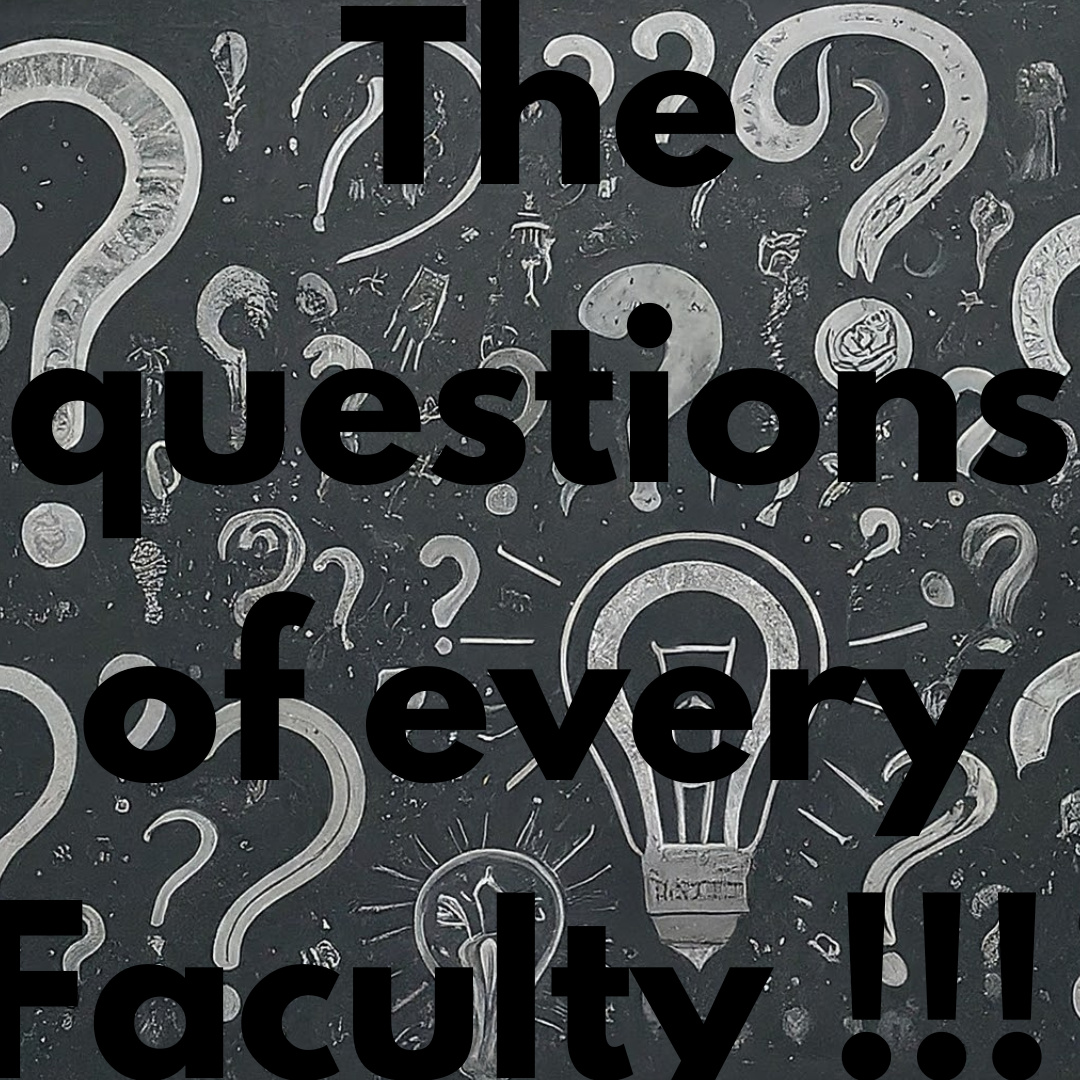
The education system
From Revered Gurus to Service Providers: Navigating the Changing Faculty-Student Dynamic in Indian Education

The Indian education system is undergoing a paradigm shift, moving from a teacher-centric model steeped in respect towards a student-centric approach that prioritizes comfort and satisfaction. This transition, however, has created a complex landscape for faculty, as eloquently articulated in your original blog post.
The Erosion of Trust: From Respect to Customer Service.
The concerns regarding the erosion of trust between faculty and students resonate with studies like “The Erosion of Faculty Respect in the Age of Student Centricity” by Dr. A.N. Sharma. The encouraged practice of anonymous complaints, as you rightly point out, creates a climate of suspicion and undermines the very foundation of a healthy learning environment.
Miscommunication and the Power of Context
Furthermore, the potential for miscommunication highlighted in your post aligns with the findings of studies like “The Impact of Student Evaluations on Faculty Performance” by the American Association of University Professors. When complaints are filtered through department heads, as you mentioned, crucial context and understanding can be lost, making it difficult for faculty to address concerns effectively.
Balancing the Scales: Towards a Mutually Respectful Ecosystem
The call for a more balanced approach, recognizing the expertise and valuable role of faculty while prioritizing student well-being, is echoed in works like “Beyond Customer Service: Reclaiming the Sacred Space of Education” by Ms. Ritu Singh.
Moving Forward: Building Bridges of Understanding
So, how can we navigate this evolving landscape and foster a more respectful and enriching learning environment for both students and faculty? Here are some potential solutions inspired by your post and the studies mentioned:
* Open Communication: Encourage direct, respectful dialogue between students and faculty, fostering a culture of mutual understanding.
* Mediation: Implement fair and transparent grievance redressal systems, potentially involving neutral third parties.
* Contextual Awareness: Emphasize the importance of considering the broader context of an issue before making complaints, promoting empathy and mutual respect.
* Faculty Empowerment: Recognize and value faculty expertise, providing them with the autonomy and support needed to deliver effective education.
References for Further Exploration:
* “The Erosion of Faculty Respect in the Age of Student Centricity” by Dr. A.N. Sharma
* “The Tightrope Walk: Balancing Student Needs with Faculty Autonomy” by Prof. Sonia Mehta
* “Beyond Customer Service: Reclaiming the Sacred Space of Education” by Ms. Ritu Singh
* “A Study of Faculty-Student Relationships in Indian Higher Education Institutions” by the National Institute of Educational Research
* “The Impact of Student Evaluations on Faculty Performance” by the American Association of University Professors
* “Building Trust and Respect in the Classroom: A Guide for Faculty” by the Center for Teaching and Learning
By fostering open communication, understanding, and mutual respect, we can move towards a more balanced and enriching educational ecosystem that benefits both students and faculty. Remember, the goal is not to simply point out problems, but to collaboratively work towards solutions that ensure a thriving learning environment for all.


A WordPress Commenter
August 11, 2023 at 3:12 pm
Hi, this is a comment.
To get started with moderating, editing, and deleting comments, please visit the Comments screen in the dashboard.
Commenter avatars come from Gravatar.